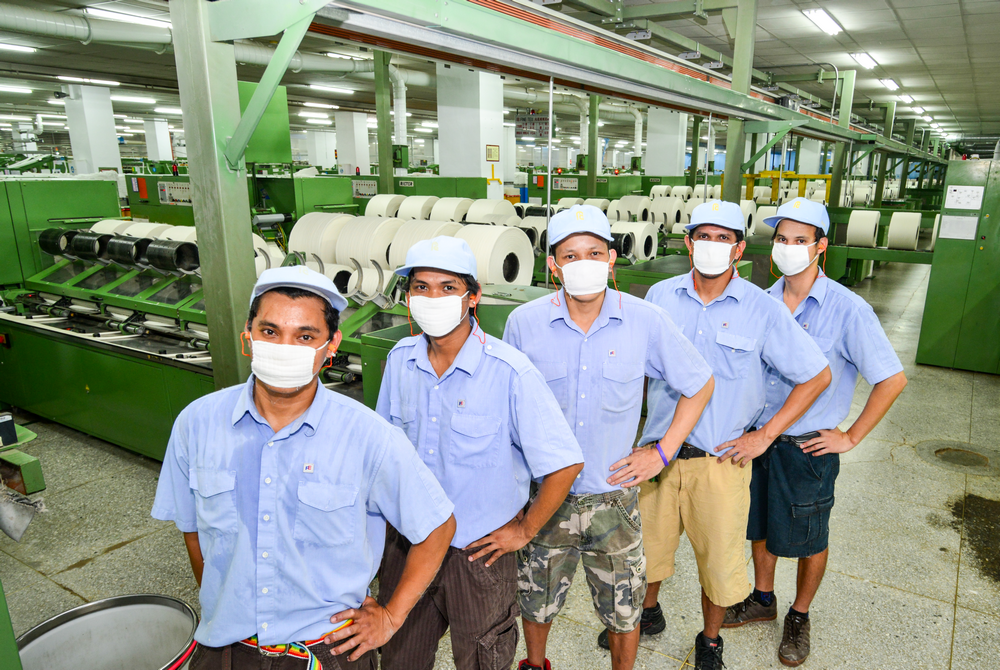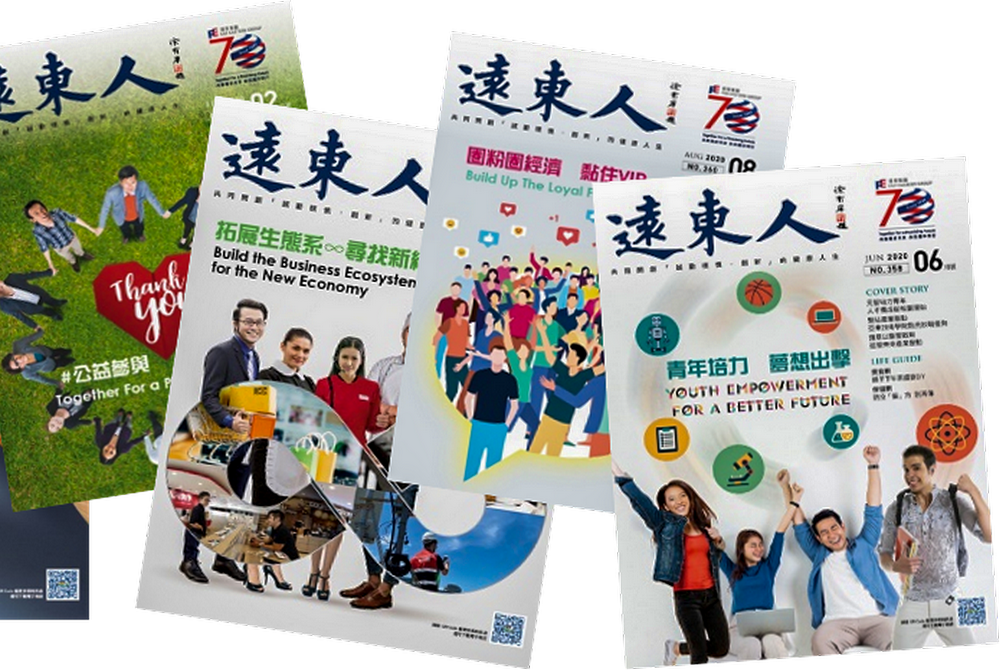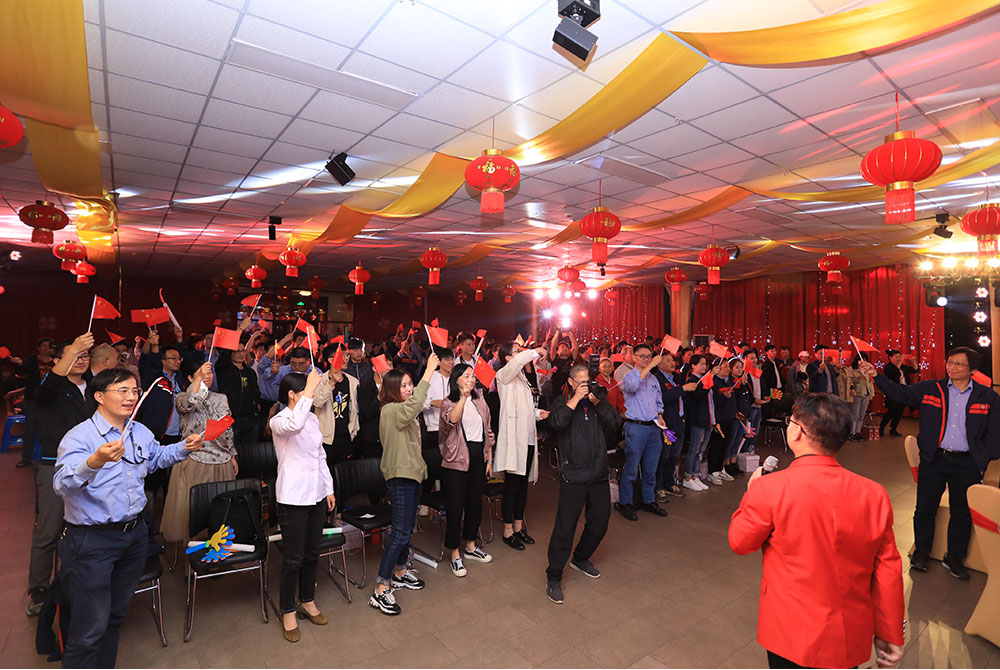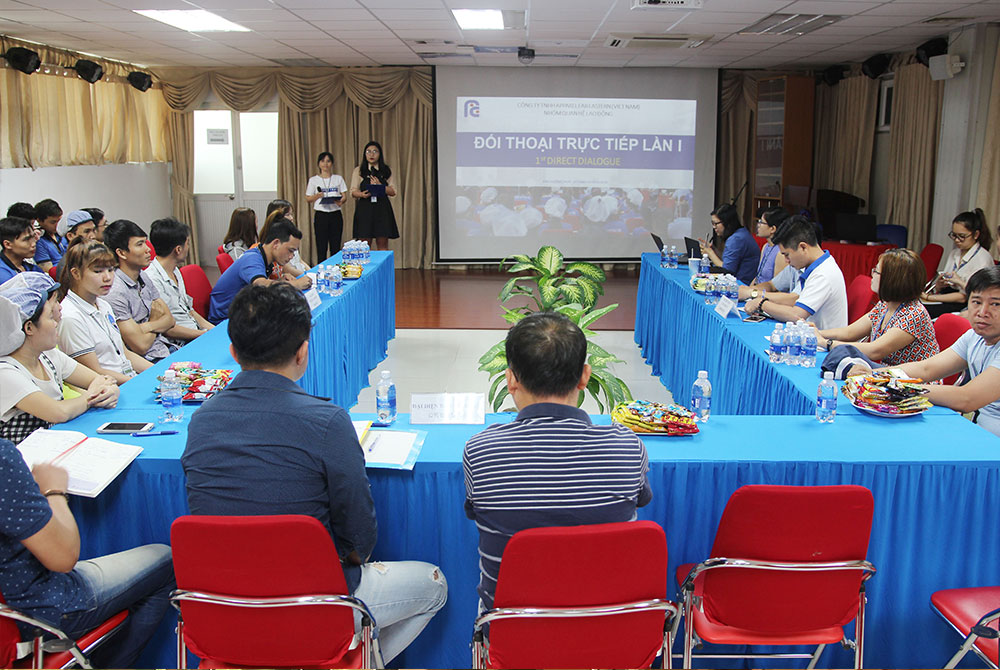Labor Relations
FENC ensures harmonious labor relations with robust communication channels.
FENC maintains open communication with employees through diverse channels to build cohesiveness and elevate employees’ job satisfaction and performance.
Employee Satisfaction Survey
FENC conducts employee satisfaction surveys every two years and entrusts external consultants for assistance to fully assess labor market trends and employee needs. The most recent employee satisfaction survey, which covered FENC’s global production and operation sites, was conducted in 2025. The survey aims to gauge the overall employee satisfaction and engagement through indicators such as job satisfaction; employee engagement; managerial supervision; employee net promoter scores; working environment; organizational identification; understanding of goals; sources of motivation; degree of happiness; stress scores. The satisfaction rating among all employees averaged 94%, and FENC has formulated improvement plans based on the results to enhance employee well-being and the workplace environment.
The improvement plans are tailored to address the survey results. The Far Eastern Corporate University in Vietnam, for instance, was established as a response to employees’ need for managerial leadership and career development in Vietnam. Leveraging the success of the Far Eastern Corporate University in Taiwan and pairing it with the professional resources of the University of Economics Ho Chi Minh City, Vietnamese managers are able to hone their management and cross-cultural communication skills at the Far Eastern Corporate University in Vietnam. They may also take advantage of a major program feature by choosing to study in Taiwan, an opportunity to delve into the international market through cross-cultural learning and peer exchange with their Taiwanese counterparts. The program also has a performance tracking component to ensure that participants put the knowledge and experience they have acquired to practice, which will translate into long-term benefits for the Company. At FENC sites in Japan, the focus is on adjusting the salary structure and optimizing internal communication, which has enhanced labor-management dialogue, promoted online learning and increased employees' identification with and commitment to the Company.
FENC’s commitment to employee satisfaction will continue through the enhancement of labor relations based on the survey results to ensure that employees feel heard, hence shaping a more inclusive and attractive working environment.
Employee Satisfaction Survey
| 2022 | 2023 | 2024 | 2025 | Future Goal |
Employee Satisfaction | 87% | 88% | 88% | 94% | 95% |
Total Questionnaires Distributed | 3,534 | 18,576 | 18,576 | 20,722 | - |
Total Questionnaires Returned | 2,810 | 15,473 | 15,473 | 18,531 | - |
Response Rate | 80% | 83% | 83% | 89% | 90% |
Location | Taiwan | Global | Global | Global | Global |
| Note: The Company conducts a satisfaction survey every two years. |
Exit Interview and Survey
At FENC, employees who are departing undergo exit interviews arranged by the human resources units. While providing offboarding information, the interviews aim to solicit suggestions for improvement in a relaxed atmosphere.The Company launched the online exit survey applicable across its global sites in six different languages. The survey consists of four categories of questions. “Basic Information” constructs profiles of departing employees to predict the types of employees with the likelihood to leave the Company. “Satisfaction Towards Company Policies” provides a holistic probe into employees’ experience at work. “Top Three Company Policies” performs differential analysis to identify the sticking points for departing employees. “Analysis of Reasons to Resign” includes 19 choices, and the answers are analyzed as a reference for employee care systems and policies.
The top three areas of dissatisfaction identified in the survey are “the plant environment,” “the relationship between female employees and the company culture” and “management system.” FENC has established improvement measures such as training for managers, continuous promotion of a female-friendly workplace, career development training for female employees and improvement of plant environment.
To convey the feedback from departing employees more efficiently, FENC developed the Power BI Dashboard, which provides real-time analysis and data visualization. The tool presents the survey results with clarity, allowing the Company to extract insights from departing employees’ comments with speed and accuracy in order to improve the system with precision.
Regulation Governing Layoff Notice Period
Taiwan | Based on Labor Standards Act and the Act for Worker Protection of Mass Redundancy, employees shall be notified prior to the termination of employment contracts. Applicable regulations are covered in the internal management documents within the Company. |
Mainland | Labor Law of the People’s Republic of China stipulates that employees shall be notified in writing 30 days prior to the termination of employment. Applicable regulations have been included in the internal management document. |
Vietnam | According to the Labor Code of Vietnam, employees under labor contract without time limitations shall be notified 45 days in advance prior to termination of such contract. Employees under labor contract with a time limitation shall be notified 30 days in advance. Applicable regulations have been included in the internal management documents. |
Japan | Labor Contract Act stipulates that employers shall not terminate employment contracts without objective circumstances. |
U.S. | Employment relationships are presumed to be at-will under the U.S. labor law, where either U.S. party may terminate the contractual relationship at any time. |
As stipulated in the Human Rights Policy, which is referenced in Human Rights Protection, the Company respects employees’ freedom of association and rights to form labor unions and conduct collective bargaining at their discretion. Units with established labor unions shall discuss the details in union agreements once every three years. Union recommendations are respected, fully discussed and enacted upon resolutions. In addition, employees may express their opinions to the management through a multitude of internal channels, including the comment box, executive meetings and grievance mechanism. FENC strives to maintain harmonious labor relations and avoids labor disputes. There were no violations against the freedom of association and collective bargaining during the reporting year.
There are 15 labor unions among all FENC sites. All employees, excluding managers involved in executive decision making, may join the labor union. All hourly-waged workers in the U.S. must join the union upon completing the probation period, and the hiring of non-union workers at the plants is not allowed. Union participation among all production sites has reached 93%. Currently, three FENC sites do not have organized labor unions, but they have been maintaining harmonious labor relations with labor relations meetings held quarterly and minutes made public. Agreements made during the labor management meetings serve as the legal basis for employee protection. At FENC sites without union representation, the collective bargaining agreement offers protection to 100% of the permanent employees.
Statistics of Current FENC's Labor Unions
Production Site | Year of Establishment | Number of Members | Employee Participation |
Hsinpu & Kuanyin Chemical Fiber Plant | 1978 | 1,944 | 100% |
Kuanyin Dyeing and Finishing Plant | 1956 | 139 | 97% |
Neili Texturizing Plant | 1977 | 37 | 76% |
Hukuo Mill | 1989 | 132 | 91% |
OPTC | 1997 | 190 | 81% |
FEIS | 2004 | 1,130 | 98% |
WHEF | 2014 | 104 | 100% |
OTIZ | 2007 | 1,215 | 99% |
FEIW | 2007 | 460 | 100% |
FEDZ | 2008 | 568 | 100% |
FEAZ | 2004 | 737 | 99% |
FEAV | 2007 | 5,108 | 95% |
FENV | 2015 | 3,458 | 99% |
FEPV | 2023 | 2,034 | 87% |
APG Polytech | 2018 | 103 | 100% |
Total | 17,359 | 93% | |
| Note: 1. OGM, FEFC and FIGP do not have labor union in place. 2. Agreement between APG Polytech and the labor union stipulates that all wage workers at the plant, including technicians and operators, must be union members. Salaried workers such as managerial and administrative staff as well as high-level technicians are exempt. |


















